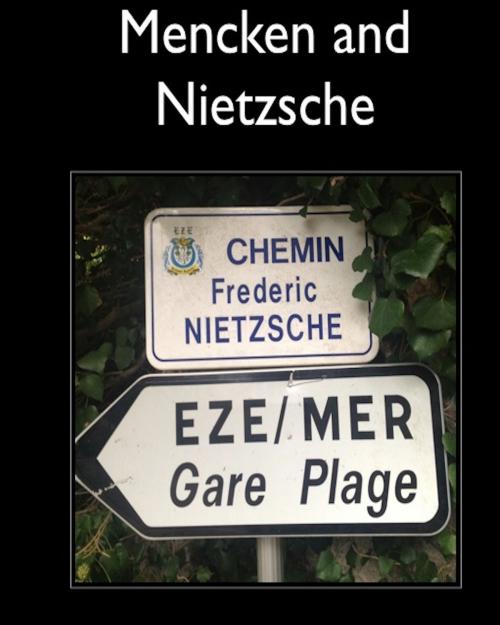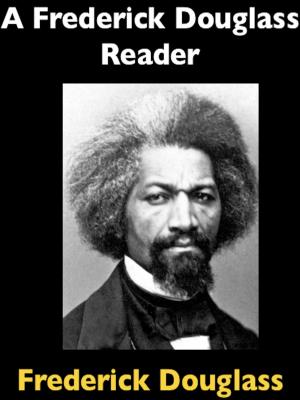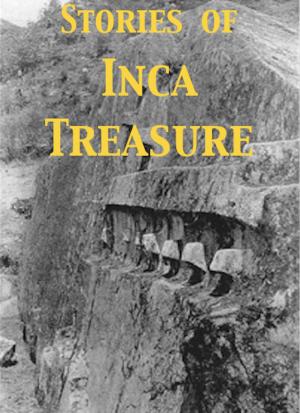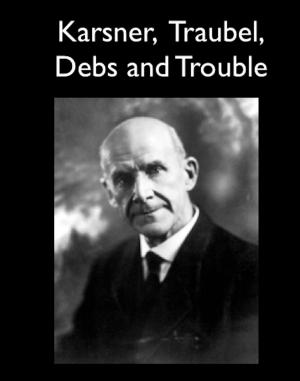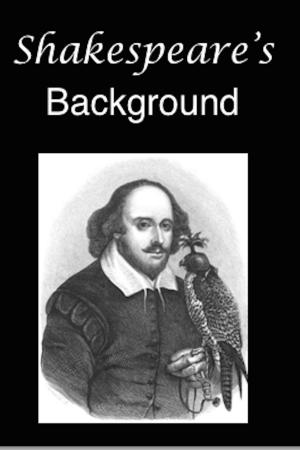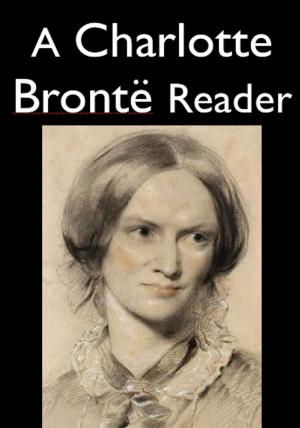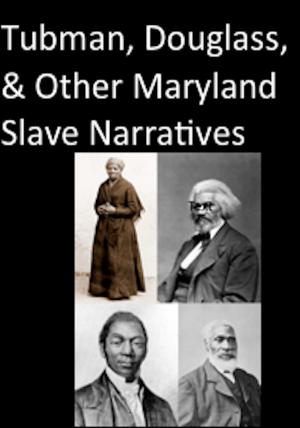Mencken and Nietzsche
Nonfiction, Religion & Spirituality, Philosophy, Good & Evil, Religious, Ethics & Moral Philosophy| Author: | H. L. Mencken, Frederick Nietzsche | ISBN: | 9781939142115 |
| Publisher: | AfterMath | Publication: | November 27, 2012 |
| Imprint: | Language: | English |
| Author: | H. L. Mencken, Frederick Nietzsche |
| ISBN: | 9781939142115 |
| Publisher: | AfterMath |
| Publication: | November 27, 2012 |
| Imprint: | |
| Language: | English |
This ebook contains the complete text of two books. H. L. Mencken translated the book The Philosophy of Frederick Nietzsche from the German. The second book, The Antichrist, written by F. W. Nietzsche and translated by Mencken, who also wrote the forward.
The two men had relatively similar, but highly controversial, views of religion. Mencken was an admirer of Nietzsche’s ideas. It appears that some of Mencken’s ideas about Jews and blacks (not his term, unfortunately) became more enlightened because of the influence of Nietzsche’s writings. The two men had relatively similar, but highly controversial, especially for the time, views of religion.
In 1907, Mencken published a book entitled The Philosophy of Friedrich Nietzsche, continuing his lifetime of study of the work of Nietzsche. Friedrich Wilhelm Nietzsche was born in 1844 in the small town of Röcken, in what is now Germany, but was then considered part of the Prussian Province of Saxony. (He did not use the middle name Wilhelm in his most important writings.) He died on August 25, 1900. He was, as was Mencken, an important contributor to many disciplines. He was especially well-known for his writings as a philosopher, poet, cultural critic and philologist.
He was a Professor of Philosophy at the University of Basel for ten years, providing him with an ideal occupation in which to pursue his writing. Where Mencken was heavily influenced by reading Twain’s Adventures of Huckleberry Finn, Nietzsche may have had his views on religion influenced by the book Life of Jesus by David Strauss while a young man.
While Nietzsche was most renowned as a philosopher, and his ideas continue to be influential, in the popular culture that dominates the current era he is, perhaps, most famous for some 1960s era graffiti for both a quotation and a (purported) response.
Nietzsche: God is dead.
God: Nietzsche is dead.
The two men are linked in several ways. Mencken was of German descent and, of course, Nietzsche was born in what became the country of Germany after its unification in 1871. In this volume, Mencken is connected to Nietzsche because of the controversial writings of both men, his aforementioned The Philosophy of Friedrich Nietzsche, and because he both translated Nietzsche’s The Antichrist and wrote the forward to it.
It is important to understand the language used in this volume. Some of the language used in Mencken’s works is considered disgusting and incredibly troubling by modern standards. The racism and sexism are not acceptable in modern society. Indeed, as this introduction is being written, several members of their countries’ Olympic teams have been removed from competition in the 2012 London Olympic Games for communicating racist remarks. The use of Nietzsche’s work by Naziism to justify its policies is well known.
The Central branch of the Enoch Pratt Free Library in Baltimore contains Mencken’s papers and many of his books. They are stored, fittingly, in the library’s Mencken Room.
The book has been reformatted for consistency, to produce an accurate Table of Contents, and to display well on modern e-readers. Some redundancy has been removed from available electronic editions. The original manuscripts were used to correct errors of totally garbled text that appear in all the previously published free electronic versions.
This ebook contains the complete text of two books. H. L. Mencken translated the book The Philosophy of Frederick Nietzsche from the German. The second book, The Antichrist, written by F. W. Nietzsche and translated by Mencken, who also wrote the forward.
The two men had relatively similar, but highly controversial, views of religion. Mencken was an admirer of Nietzsche’s ideas. It appears that some of Mencken’s ideas about Jews and blacks (not his term, unfortunately) became more enlightened because of the influence of Nietzsche’s writings. The two men had relatively similar, but highly controversial, especially for the time, views of religion.
In 1907, Mencken published a book entitled The Philosophy of Friedrich Nietzsche, continuing his lifetime of study of the work of Nietzsche. Friedrich Wilhelm Nietzsche was born in 1844 in the small town of Röcken, in what is now Germany, but was then considered part of the Prussian Province of Saxony. (He did not use the middle name Wilhelm in his most important writings.) He died on August 25, 1900. He was, as was Mencken, an important contributor to many disciplines. He was especially well-known for his writings as a philosopher, poet, cultural critic and philologist.
He was a Professor of Philosophy at the University of Basel for ten years, providing him with an ideal occupation in which to pursue his writing. Where Mencken was heavily influenced by reading Twain’s Adventures of Huckleberry Finn, Nietzsche may have had his views on religion influenced by the book Life of Jesus by David Strauss while a young man.
While Nietzsche was most renowned as a philosopher, and his ideas continue to be influential, in the popular culture that dominates the current era he is, perhaps, most famous for some 1960s era graffiti for both a quotation and a (purported) response.
Nietzsche: God is dead.
God: Nietzsche is dead.
The two men are linked in several ways. Mencken was of German descent and, of course, Nietzsche was born in what became the country of Germany after its unification in 1871. In this volume, Mencken is connected to Nietzsche because of the controversial writings of both men, his aforementioned The Philosophy of Friedrich Nietzsche, and because he both translated Nietzsche’s The Antichrist and wrote the forward to it.
It is important to understand the language used in this volume. Some of the language used in Mencken’s works is considered disgusting and incredibly troubling by modern standards. The racism and sexism are not acceptable in modern society. Indeed, as this introduction is being written, several members of their countries’ Olympic teams have been removed from competition in the 2012 London Olympic Games for communicating racist remarks. The use of Nietzsche’s work by Naziism to justify its policies is well known.
The Central branch of the Enoch Pratt Free Library in Baltimore contains Mencken’s papers and many of his books. They are stored, fittingly, in the library’s Mencken Room.
The book has been reformatted for consistency, to produce an accurate Table of Contents, and to display well on modern e-readers. Some redundancy has been removed from available electronic editions. The original manuscripts were used to correct errors of totally garbled text that appear in all the previously published free electronic versions.
